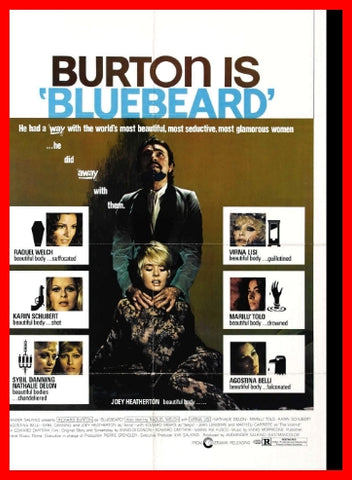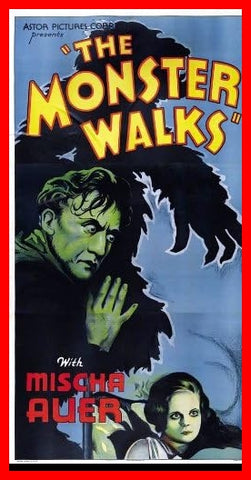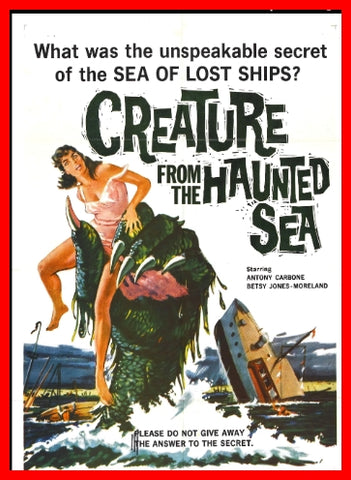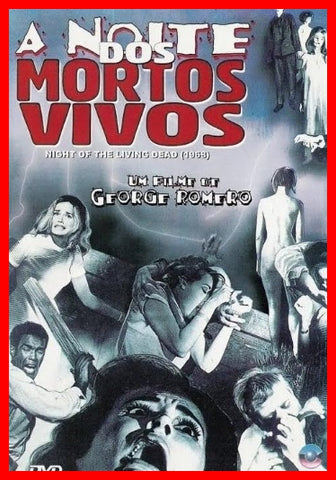Studio One Collection - 6 DVDs - 17 EPISODES!
$ 38.00 $ 96.00
STUDIO ONE Anthology Collection - 6 DVDs - 17 EPISODES!
DISC 01: A) THE MEDIUM / B) JULIUS CAESAR / BONUS: Palley Center Panel Discussion
DISC 02: A) JUNE MOON / B) WUTHERING HEIGHTS / C) PONTIUS PILATE + BONUS
DISC 03: A) THE STORM / B) 1984 / C) CONFESSIONS OF A NERVOUS MAN
DISC 04: A) THE REMARKABLE INCIDENT AT CARSON CORNER / B) DARK POSSESSION / C) THE DEATH AND LIFE OF LARRY BENSON / BONUS: VOICES FROM THE ARCHIVE
DISC 05: A) THE STRIKE / B) TWELVE ANGRY MEN / C) AN ALMANAC OF LIBERTY
DISC 06: A) SUMMER PAVILION / B) DINO / THE ARENA
Studio One is an American radio–television anthology drama series, created in 1947 by Canadian director Fletcher Markle, who came to CBS from the CBC.
In 1948, Markle made a leap from radio to television. Sponsored by Westinghouse Electric Corporation, the television series was seen on CBS (which Westinghouse later owned between 1995 and 2000), from 1948 through 1958, under several variant titles: Studio One Summer Theatre, Studio One in Hollywood, Summer Theatre, Westinghouse Studio One and Westinghouse Summer Theatre. It was telecast in black-and-white only.
William Templeton's 1953 adaptation of George Orwell's novel Nineteen Eighty-Four, starring Eddie Albert as Winston Smith, led to the 1956 feature film version with Edmond O'Brien in the principal role. Reginald Rose's drama Twelve Angry Men, about the conflicts of jurors deciding a murder case, originated on Studio One on September 20, 1954; and the 1957 motion picture remake with Henry Fonda was nominated for three Academy Awards. Sal Mineo had the title role in the January 2, 1956 episode of Reginald Rose's Dino, and he reprised the role for the movie Dino (1957).
In 1954, "Crime at Blossoms", scripted by Jerome Ross, was given an Edgar Award for Best Episode in a TV Series. Nathaniel Hawthorne's granddaughter received a plaque in recognition of her grandfather's writing achievements, during the April 3, 1950 telecast of The Scarlet Letter.
The Night America Trembled was Studio One's September 9, 1957 top-rated TV recreation of Orson Welles' The War of the Worlds radio broadcast (October 30, 1938). Alexander Scourby is seen in the foreground. Warren Beatty, in one of his earliest roles, appeared in the bit part of a card-playing college student.
The Night America Trembled was Studio One's September 9, 1957 top-rated television recreation of Orson Welles' radio broadcast of The War of the Worlds on October 30, 1938. The cast included Alexander Scourby, Ed Asner and Warren Oates. James Coburn made his television debut, and John Astin appeared uncredited as a reporter. In one of his earliest acting roles, Warren Beatty appeared in the bit part of a card-playing college student.
Another notable presentation was an adaptation in 1952 of a medieval mystery play about the birth of Christ, The Nativity, based on the Chester and York Mystery Plays of the 14th and 15th centuries, reworked into Elizabethan English. With musical accompaniment by the Robert Shaw Chorale, and presented during the Christmas season of 1952, this was one of the few medieval mystery plays telecast on commercial network television. The cast included Thomas Hardie Chalmers, Miriam Wolfe, Hurd Hatfield, and Paul Tripp.
During the 1953 presentation Dry Run, whole sections of a submarine were built inside the studio and the entire cast was nearly electrocuted when water that was being used for special effects got very close to power cables.
Worthington Miner, Martin Manulis and others produced. As spokeswoman for Westinghouse, Betty Furness became strongly identified with Westinghouse products, and she also was seen in eight Studio One dramas. The show's musical directors were Milton C. Anderson, who also created music for Playhouse 90, and Eugene Cines. The show's run ended when Westinghouse switched its sponsorship to the Westinghouse Desilu Playhouse, which premiered in 1958. The series finished at #24 in the Nielsen ratings for the 1950-1951 season.





